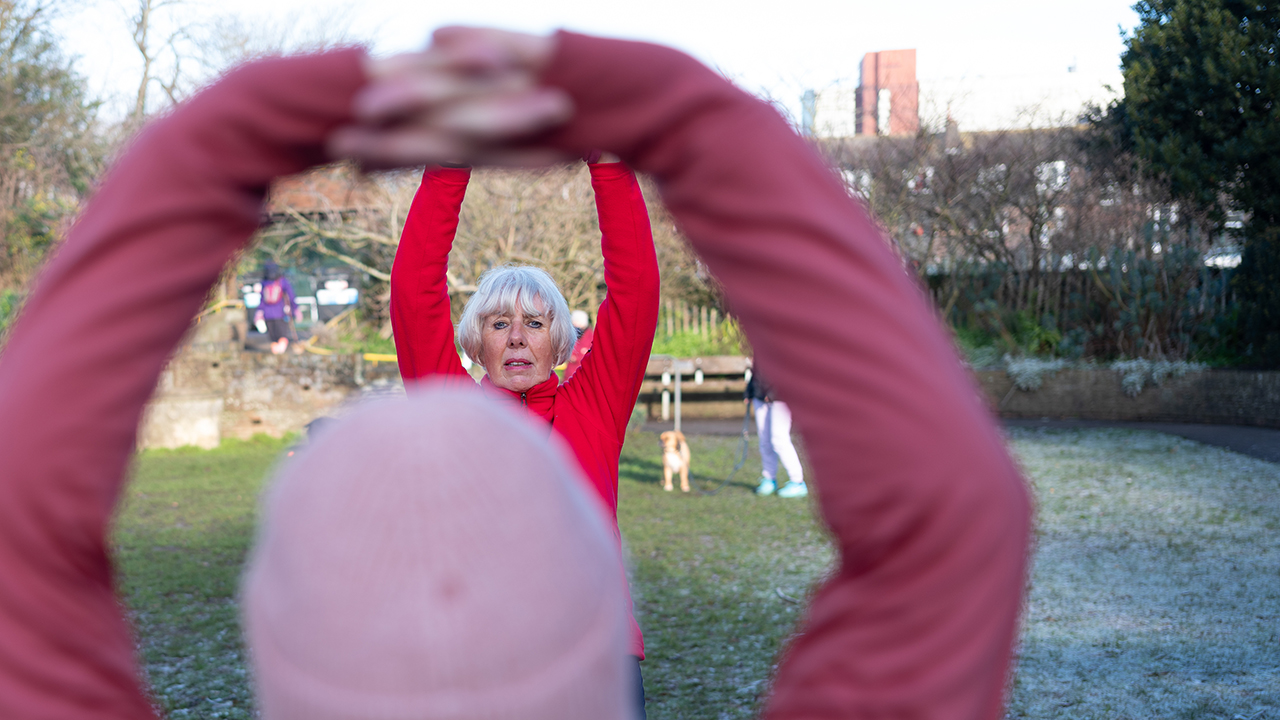Budget
£62,000
Project status
Complete
Duration
1 Sep 2021 to 31 Aug 2022
£62,000
Complete
1 Sep 2021 to 31 Aug 2022

This project involved working with older adults to create short, thought-provoking video clips that could prompt action from the physical activity industry — the businesses and services in charge of the opportunities and facilities that help us all to stay active — to create more inclusive environments.
Older adults tell us that some of the factors holding them back stem from negative stereotypes of ageing. Although often unintentional, these can leave them feeling less welcome and not catered for by the services and products that help younger people to stay active.
The videos we created show some of these factors with testimonials from older people, and set out some ideas for how businesses and services can be more inclusive. We also worked with people in the industry during the editing process to make them as impactful at grabbing attention and making people think differently as we could.
We created three video clips aimed at different audiences:
We also created an amalgamation of all three, which can be accessed on this web page. All three videos — made up of footage submitted by the individuals and their families — show the great potential for changing attitudes and behaviour in the ways that we had aimed for:
This video contains testimonials from older adults who took part in the Film Active project.
This project benefited from funding from UK Research and Innovation (UKRI).
If you have any questions about this project, please contact us.